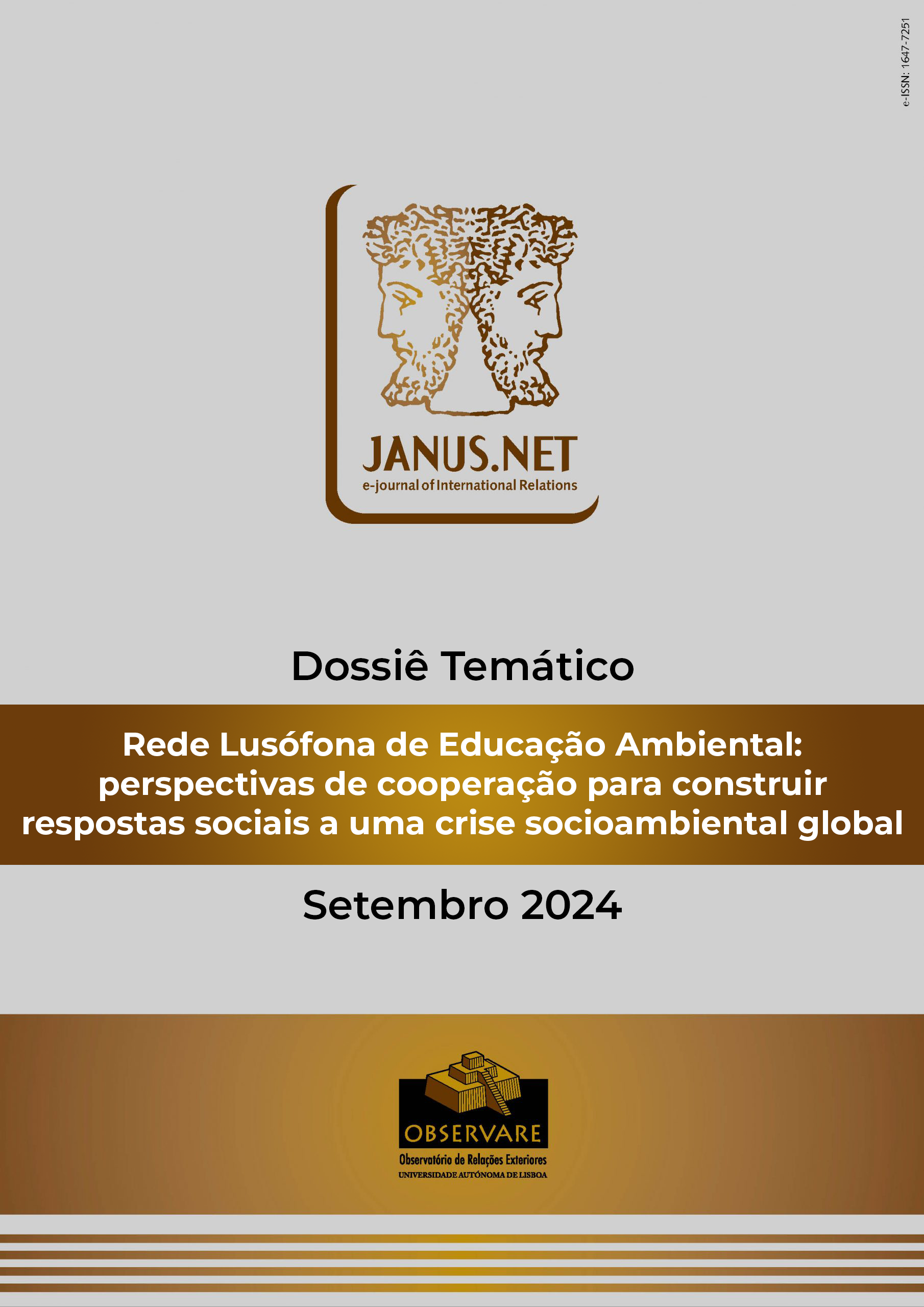CLIMA PATRIMÓNIO DA HUMANIDADE O PADRÃO DE FUNCIONAMENTO RELATIVAMENTE ESTÁVEL DO SISTEMA TERRESTRE QUE EMERGIU NO HOLOCENO, COMO PATRIMÓNIO COMUM INTANGÍVEL DA HUMANIDADE
DOI:
https://doi.org/10.26619/1647-7251.DT0224.03Keywords:
Climate Heritage, Portuguese Climate Law, Land Condominium, Functional aspect, Static character of sovereigntyAbstract
In 1971, Arvid Pardo attempted to give the "marine environment" the legal status of a Common Heritage of Humanity, without however distinguishing the functional/qualitative system - the environment - from the territorial space through which the oceans circulate. The UNFCCC Rio 1992 Convention defined the Climate System, but without defining its ownership and legal status. "How can an asset that belongs to no-one be subject to a legal regime and treated well?". This requires recognising the Stable Climate as a Common Heritage of Humanity (res communis). In 2021, the ICD identified this functional aspect, and the need to distinguish it from the "static territorial institution of sovereignty." It remains a nobody thing, a Res Nullius, which has transformed "the oceans and atmosphere into the Garbage Dump of Humanity". Now that this functional aspect of the planet can be defined, delimited and represented from a legal point of view as an intangible legal object with the status of common heritage of humanity, rights and duties can emerge, internalising externalities and making it possible to build a regenerative economy capable of cleaning up the atmosphere and ensuring its maintenance in the future. The overlapping of two different legal regimes over the same space is possible by distinguishing between the functional aspect and the static territorial aspect. The Condominium of the Earth.


